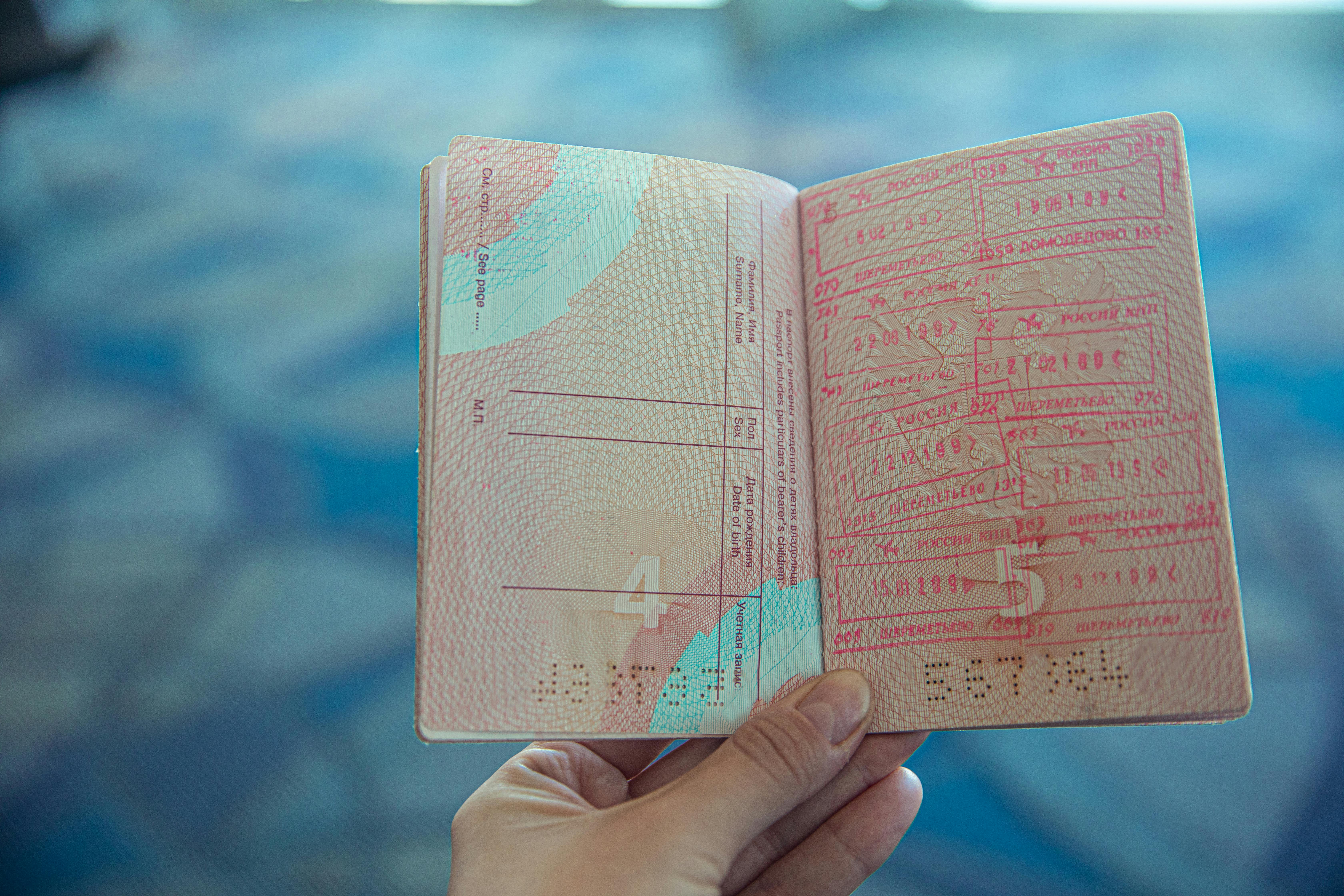
Introduction
The United States has a robust visa application process that aims to vet applicants thoroughly. Recently, the US Embassy in India emphasized a critical update for all non-resident visa seekers: the necessity to disclose social media handles on the DS-160 form. This requirement is not just a bureaucratic hurdle; it reflects a broader trend in immigration policy aimed at bolstering national security. As such, understanding the implications of this rule is vital for anyone looking to secure a US visa.
Understanding the New Rule
The updated guidelines stipulate that every applicant must report all usernames and handles used on various social media platforms over the past five years. This includes popular networks like:
- X (formerly known as Twitter)
- TikTok
- YouTube
Even dormant accounts that have not been recently accessed or updated must be disclosed. The rationale behind this extensive data collection is to ensure transparency and to evaluate any potential security threats that applicants may present.
The Consequences of Non-compliance
Failing to disclose any social media accounts can have significant repercussions on your visa application. The potential outcomes include:
- Immediate visa denial
- Extended processing times as your application undergoes additional scrutiny
- Flagging of your application for any future visa requests
Intentional omission or inaccurate disclosure can also be interpreted as providing false information, which jeopardizes your eligibility for future travel to the United States.
Why Social Media Disclosure?
The US government’s requirement to collect social media information is fundamentally linked to a broader initiative to enhance national security. Officials within the State Department argue that individuals’ online activity can serve as valuable indicators of identity and behavioral patterns that may flag potential risks.
This move mirrors a global trend where immigration and border enforcement agencies leverage public online data as part of their vetting processes during background checks.
What Applicants Should Do
A potential US visa applicant must take a few essential steps to comply with the new regulations:
- Review all social media accounts used over the past five years.
- Compile a list of all relevant usernames, ensuring they match exactly how they appear online.
- Include platforms where you may have only minor activity; even accounts that seem inactive may still be relevant.
- Practice transparency; being open about your accounts is preferable to risk future complications.
Conclusion
This update serves as a crucial reminder for both Indian visa seekers and travelers globally. In an era where digital footprints significantly shape personal identity, the necessity for accuracy and integrity in the DS-160 visa application is paramount. For students, professionals, and tourists, complying with this rule is not optional; it forms a necessary step toward achieving visa approval.
Staying informed about these regulatory changes by consulting official embassy resources is crucial. Completing your application with honesty will facilitate a smoother visa process and help ensure that you remain eligible for future travels to America.
For continuous updates on visa news and immigration policy, keeping an eye on official communication from US embassies is imperative.
